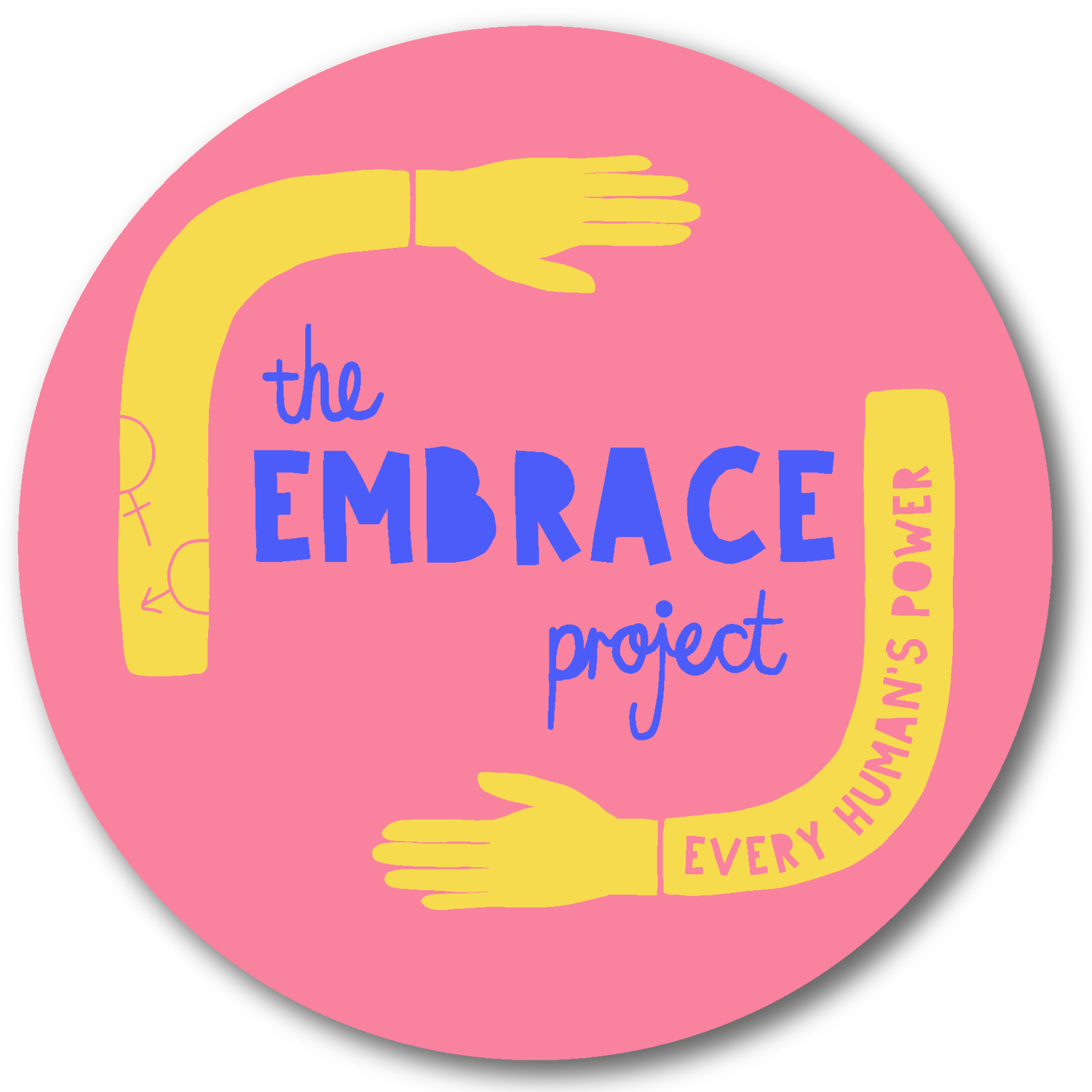
Gender based violence in South Africa - why we need to act.
Gender based violence (GBV) is violence perpetrated against a person on the basis of their biological sex or gender identity. GBV is one of the most serious and prevalent problems in South African society. Police statistics released in 2019 revealed that 114 cases of rape are reported daily, with unreported cases likely much higher. GBV does not discriminate across race, culture, ethnicity, social or economic standing. GBV is about power and control. Most often it is perpetrated because of a feeling of disempowerment and lack of control. The perpetrator’s exertion of power and control is always on weaker and/or more vulnerable victims, which is why they are predominantly women and children.
Some of the factors contributing to South Africa’s shockingly high rates of GBV emanate from, for the most part, the legacy of South Africa’s past. This produced a highly unequal society (previously on the basis of race, but now on the basis of socioeconomic standing built on previously disadvantaged backgrounds). More than half of the country lives below the poverty line and that is only likely to increase given the economic crisis that will supersede the COVID-19 pandemic.
South Africa’s legacy combined with its levels of poverty have in turn produced a society with low self worth and a sense of disempowerment, exacerbated by the reduced opportunities to better one’s situation (given the unemployment rate and the fact that South Africa has an unskilled labour force).
Substance abuse in South Africa is another problem. There also exists an unhealthy understanding of masculinity in South African society, referred to as “toxic masculinity”. Toxic masculinity encourages a false (and dangerous) sense of entitlement over another’s person. This combination of factors results in the exertion of dominance over a weaker/vulnerable individual in order to feel in control (of something/someone), or ‘manly’.
GBV is most often perpetrated in the home, and the behaviour is subsequently learnt by children (who may be victims themselves), which ensures the perpetuation of this violence. Thereby creating a toxic cycle.
What can we do?
Prevention is better than cure.
As a society, we have to take it upon ourselves to create awareness in our own communities around the causes of GBV. We need to know what it is that we are fighting against when we speak of combatting GBV. The Embrace Project does just that on its social media pages. (Follow The Embrace Project pages for statistics, facts and news on GBV in South Africa.)
It has already been said that GBV is learnt behaviour. There are harmful behaviours, beliefs, attitudes, and social and cultural practices that must be unlearnt and corrected. To break the cycle of violence we need to work on our youth. We need to teach our youth to treat others with dignity and respect, and to respect themselves. No one is entitled to someone’s person, nor owed it by any person. These lessons start in the home, and in our schools. We need to rid South African society of its “rape culture”.
We are proud to share our ‘blueprint’ for the eradication of gender based violence and femicide in South Africa - submitted to the Parliamentary Gender Based Violence and Femicide Work Stream (“GBVF Work Stream”) on 17 June 2020.
The Embrace Project is proud to present its ‘blueprint’ for the eradication of gender based violence and femicide in South Africa. This 12 page document takes the form of a submission made to the Parliamentary Gender Based Violence and Femicide Work Stream (“GBVF Work Stream”) on 17 June 2020.
The punitive measures that have been implemented by Government to address gender based violence, and violence in general, have failed in both their deterrent and rehabilitation function. For this reason, we recommend a shift in Government’s focus from punitive to preventative measures. Instead of ‘treating’ the symptoms of violence (being the crime), Government should rather be treating the causes (what leads perpetrators to commit these crimes).
Gender based violence is about power and control. It includes emotional, psychological and economic violence. It is therefore important to understand properly the multiple forms of abuse, why they are perpetrated and how they have become systemically ingrained into our social and legal tapestries.
The Embrace Project makes a number of implementation and policy recommendations for the policing, prosecutorial and judicial authorities. We also suggest legislative and other legal reforms.
In summary, our recommendations include:
Specialised and compulsory school curricula for young children designed to eradicate gender based violence from an early age.
Community programmes providing psychological and social service support.
Sensitisation training for all members of the criminal justice system.
Specialised unit assistance and protocols for the reporting of sexual offences.
Centralised database for criminal justice system institutions.
Collaboration between criminal justice system and civil society organizations combatting gender based violence.
Opposed bail applications.
Notification of parole applications.
Minimum sentencing requirements of life imprisonment.
Recognition of “coercive circumstances” with respect to sexual consent.
Publication of National Sexual Offences Register.
Decriminalisation of sex work.
Eradication of “toxic masculinity”.
Recognition of intersectional vulnerabilities.
Reform of trial system through development of special evidentiary rules for victims.
We recognise and thank our beneficiary and partner organisation, Fight Back SA, for facilitating this engagement with the GBVF Work Stream.
Informative Publications
Jade Weiner “COVID-19 and Domestic Violence in South Africa” (OxHRH Blog, April 2020)
Lee-Anne Germanos “Why so violent?” (Helen Suzman Foundation, May 2020)

